Filter by

The Politics of Invisibility: Public Knowledge about Radiation Health Effects…
Before Fukushima, the most notorious large-scale nuclear accident the world had seen was Chernobyl in 1986. The fallout from Chernobyl covered vast areas in the Northern Hemisphere, especially in Europe. Belarus, at the time a Soviet republic, suffered heavily: nearly a quarter of its territory was covered with long-lasting radionuclides. Yet the damage from the massive fallout was largely impe…
- Edition
- -
- ISBN/ISSN
- 9780262325417
- Collation
- 1 online resource (xii, 249 pages).
- Series Title
- -
- Call Number
- -
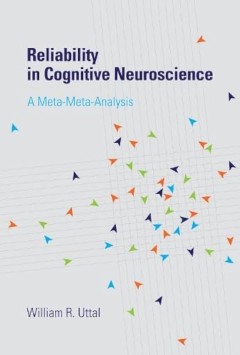
Reliability in Cognitive Neuroscience: A Meta-Meta-Analysis
Cognitive neuroscientists increasingly claim that brain images generated by new brain imaging technologies reflect, correlate, or represent cognitive processes. This book warns against these claims, arguing that, despite its utility in anatomic and physiological applications, brain imaging research has not provided consistent evidence for correlation with cognition. It bases this argument on a …
- Edition
- -
- ISBN/ISSN
- 9780262312042
- Collation
- 1 online resource (xiii, 238 pages) :illustrations
- Series Title
- -
- Call Number
- -
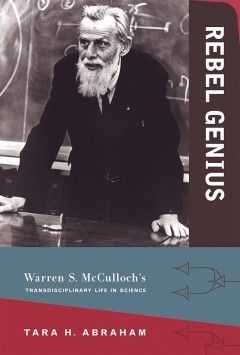
Rebel Genius: Warren S. McCulloch's Transdisciplinary Life in Science
"The book is a scientific biography of American neurophysiologist and cybernetician Warren S. McCulloch, one that places his life and work in historical context. By focusing on the various identities that he assumed throughout his life's major work--the study of the brain and mind--the book examines the intermingling of McCulloch's professional and personal worlds, and by doing so provides a mu…
- Edition
- -
- ISBN/ISSN
- 9780262335386
- Collation
- 1 online resource (xiii, 305 pages) :illustrations
- Series Title
- -
- Call Number
- -
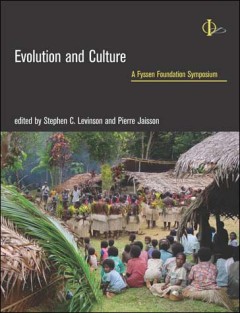
Evolution and Culture: A Fyssen Foundation Symposium
OCLC-licensed vendor bibliographic record.
- Edition
- -
- ISBN/ISSN
- 9780262316224
- Collation
- 1 online resource (xvii, 296 pages) :illustrations.
- Series Title
- -
- Call Number
- -
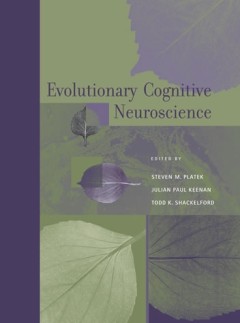
Evolutionary Cognitive Neuroscience
An essential reference for the new discipline of evolutionary cognitive neuroscience that defines the field's approach of applying evolutionary theory to guide brain-behavior investigations.OCLC-licensed vendor bibliographic record.
- Edition
- -
- ISBN/ISSN
- 9780262281669
- Collation
- 1 online resource (xix, 616 pages) :illustrations.
- Series Title
- -
- Call Number
- -
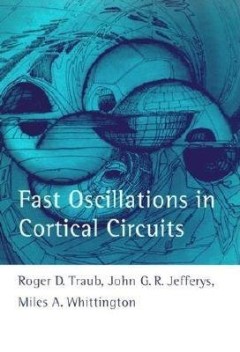
Fast Oscillations in Cortical Circuits
AnnotationOCLC-licensed vendor bibliographic record.
- Edition
- -
- ISBN/ISSN
- 9780262285148
- Collation
- 1 online resource (308 pages).
- Series Title
- -
- Call Number
- -
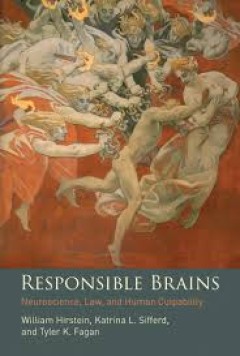
Responsible brains :neuroscience, law, and human culpability
An examination of the relationship between the brain and culpability that offers a comprehensive neuroscientific theory of human responsibility. When we praise, blame, punish, or reward people for their actions, we are holding them responsible for what they have done. Common sense tells us that what makes human beings responsible has to do with their minds and, in particular, the relationship b…
- Edition
- -
- ISBN/ISSN
- 9780262349277
- Collation
- 1 online resource (viii, 292 pages)
- Series Title
- -
- Call Number
- -
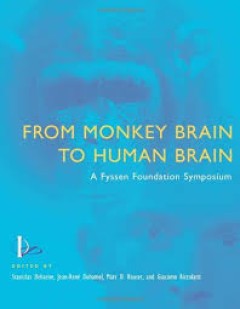
From Monkey Brain to Human Brain: A Fyssen Foundation Symposium
"Proceedings of the ninth Fyssen Symposium entitled "From monkey brain to human brain" which was held at the Pavillon Henry IV in St-Germain-en-Laye from 20 to 23 June 2003"--Preface.Leaders in cognitive psychology, comparative biology, and neuroscience discuss patterns of convergence and divergence seen in studies of human and nonhuman primate brains.The extraordinary overlap between human and…
- Edition
- -
- ISBN/ISSN
- 9780262271417
- Collation
- 1 online resource (xvii, 400 pages) :illustrations (some color).
- Series Title
- -
- Call Number
- -
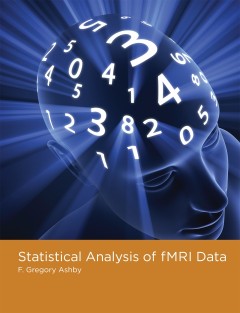
Statistical Analysis of fMRI Data
An overview of statistical methods for analyzing data from fMRI experiments.
- Edition
- Second edition
- ISBN/ISSN
- 9780262354059
- Collation
- 1 online resource (568 pages).
- Series Title
- -
- Call Number
- -
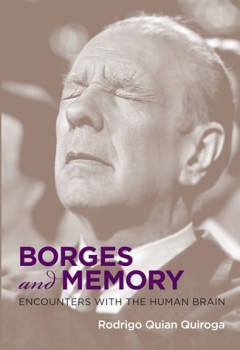
Borges and memory :encounters with the human brain
Discusses the science of memory and the interpretation of memory in the novels of Jorge Luis Borges and earlier literatures.OCLC-licensed vendor bibliographic record.
- Edition
- -
- ISBN/ISSN
- 9780262305877
- Collation
- 1 online resource (ix, 213 pages) :illustrations
- Series Title
- -
- Call Number
- -
 Computer Science, Information & General Works
Computer Science, Information & General Works  Philosophy & Psychology
Philosophy & Psychology  Religion
Religion  Social Sciences
Social Sciences  Language
Language  Pure Science
Pure Science  Applied Sciences
Applied Sciences  Art & Recreation
Art & Recreation  Literature
Literature  History & Geography
History & Geography